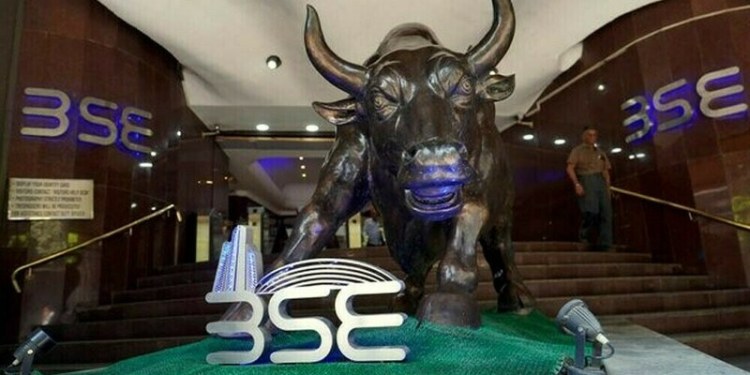TOKYO (Reuters) – Asian shares eased but the dollar stayed near multi-year highs against the yen on Monday after surprisingly strong U.S. labour jobs data showed economic recovery there gaining traction.
The MSCI’s broadest index of Asia-Pacific shares outside Japan was down 0.2 percent early on Monday, pulled lower by a 0.3 percent drop in South Korean shares.
The Dow Jones industrial average posted its fourth consecutive intraday and closing record highs on Friday and the FTSEurofirst 300 index of top European shares hit a 4-1/2-year peak, while 10-year U.S. Treasury yields rose to an 11-month high of 2.06 percent as investors sold off safe-haven assets.
Nonfarm payrolls jumped by 236,000 jobs last month, above a 160,000 gain forecast and the unemployment rate fell to a four-year low of 7.7 percent from 7.9 percent.
The data was unlikely to spur the Federal Reserve to change its policy anytime soon as the U.S. central bank has said it will keep its near-zero rate stance until the unemployment rate falls to 6.5 percent, as long as inflation does not threaten to top 2.5 percent.
A 1.2 percent gain in U.S. wholesale inventories in January to $504.4 billion — the fastest pace of growth since December 2011 — also added to the positive economic outlook.
The dollar was steady against the yen around 96.05, near Friday’s peak hit after the U.S. jobs data of 96.60 yen, its highest since August 2009. The euro was trading at 124.76 yen, retreating from a high of 125.98 yen touched on Friday.
“The U.S. economy shows signs of sustained expansion, with less erratic effects that were typical earlier last year and especially during the entire 2010-2011 period. The tone is more consistent and more continuous,” said Richard Hastings, macro strategist at Global Hunter Securities.
“Much of the recent move in the U.S. dollar is a reflection of more fundamental money flows out of the yen and out of the euro concurrently, and that is enough of an effect — a truly massive effect — to nudge the dollar higher. This is of course a big change from forex conditions years ago.”
Australian shares were flat early on Monday as weak metals prices undermined miners and offset a rise in financials stocks on the back of further gains on Wall Street.
The yen’s slide bolstered Japanese equities, with the Nikkei stock average opening up 0.7 percent and hitting a fresh 4-1/2-year high.
Monday showed Japan’s core machinery orders tumbled 13.1 percent in January from the previous month, down for the first time in four months and underscoring the wobbly state of the world’s third largest economy.
Commodities prices were likely to be caught between growing optimism about more solid demand as the global economy improves and the strengthening dollar which makes dollar-denominated commodities expensive for non-dollar holders, analysts said.
Data over the weekend showed China’s uneven economic recovery signalling a looming dilemma for policymakers, as inflation stood at a 10-month high in February while factory output and consumer spending were weaker than forecast.
“Inflation is a policy risk looming large on the horizon,” ANZ said in a research.
“As inflation momentum has strengthened, and the market liquidity conditions remained plentiful due to capital inflows, the PBOC (Chinese central bank) will continue to drain liquidity via open market operations before using a traditional policy tool such as an interest rate hike or reserve requirement ratio hike,” ANZ said.
U.S. crude was down 0.3 percent at $91.64 a barrel.
(Editing by Eric Meijer)
Source: Reuters



























